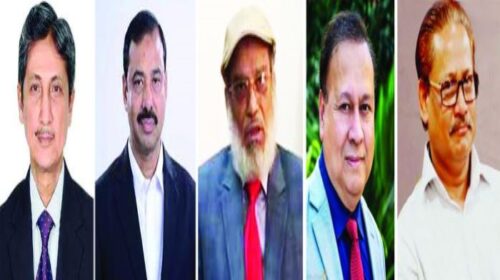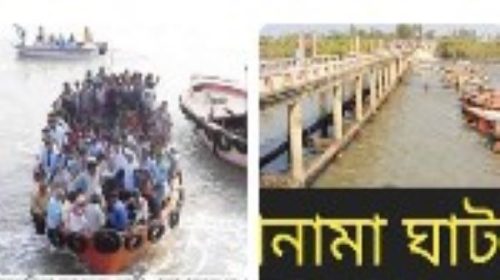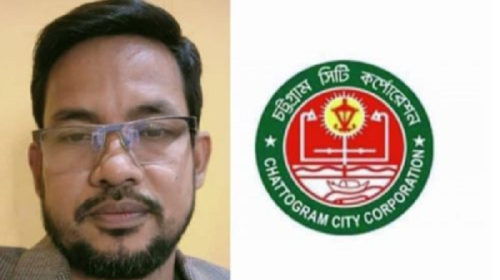The Crime Desk: The power of the National Board of Revenue (NBR) is being reduced. The agency will only collect revenue. And a separate commission will decide the policy strategy. This is what the NBR Reform Committee wants.
Their argument is that taxpayers will be free from harassment due to biased decisions; revenue collection will increase. Businessmen are seeing this as a positive thing. However, economists are concerned that it will create complications in the long run.
The National Board of Revenue provides the largest part of government expenditure. It collects VAT, taxes, and customs duties directly from the common people and businessmen. Currently, the NBR is an organization under the Internal Revenue Department (IRD).
The organization simultaneously formulates revenue policy and collects revenue. And the secretary of the IRD performs the duties of the chairman of the NBR. However, the NBR Reform Committee recommends that the NBR’s work will only be revenue collection.
Former chairman of the NBR and member of the NBR Reform Committee Dr. Mohammad Abdul Majid said whoever becomes the head of NBR will work only with NBR. He will not issue SROs or draft finance laws. Someone else will do these things.
On the other hand, the power to adopt policies related to VAT and tax will be in the hands of a separate revenue policy department. It will be headed by an officer of the rank of secretary. In addition, there will be a permanent advisory council of 15 to 16 members, including representatives of the NBR, finance, commerce, industry, and related ministries; business organizations; and research institutions. All policies adopted by the commission must be approved by that committee. Later, the NBR will implement them at the field level.
Mohammad Abdul Majid said a permanent advisory committee should be formed. Its members will be 15-16 people. Policy-making and finance law-related activities should be done in consultation with this committee. This will reduce the distance with stakeholders.
Businessmen say that they have been demanding such a division of NBR for a long time. Dhaka Chamber of Commerce and Industry (DCCI) President Taskin Ahmed said this is being seen as positive. It should have happened earlier.
Although the initiative is initially seen as positive, economists are also concerned about the future. Economist and member of the white paper drafting committee Dr. Zahid Hossain said there is not much disagreement among experts about the separation.
However, many disagree about how it will be implemented. Because if there is a completely separate policy-making committee, but if it is within the administration, then no change will come.
Earlier, in October, the interim government formed a five-member advisory committee to reform the NBR.

















